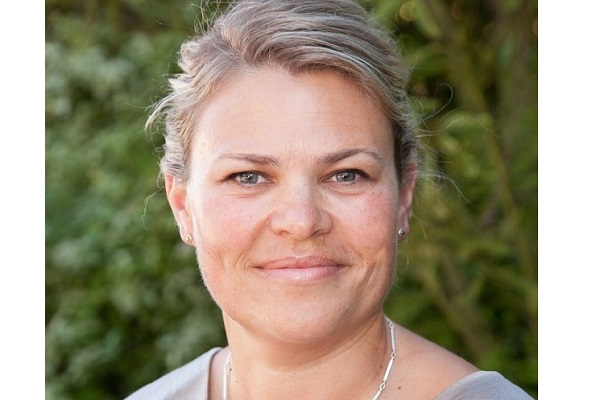
Last year the government announced new funding for “at risk” students ($92 per student, per year) which Ms Hayward compares with the cost of keeping an inmate in prison, $100,000 per person, per year. Heidi says that many students recognised as “at risk” throughout school end up in prison and the money would be better spent “at the top of the cliff than at the bottom”.
In 1999, I began my teaching career at Macandrew Intermediate in Dunedin. Initially I wasn’t sure that I wanted to be a teacher and while I enjoyed my first two years, I leapt at the chance to take up a seemingly more glamorous marketing position at Dunedin’s Fortune Theatre.
I remember the first few weeks at the theatre as blissful. No duty, no bells, no difficult students (or parents) and meetings at café’s that I was paid to attend! However, as the year rolled on, so did the monotony and I found I truly missed the energy that young people bring to life. By July, I was quite certain that I would go back to teaching come the end of the year.
I enjoyed another eight years at Macandrew Intermediate following this sojourn and taught some of the most amazing children. We had a great team at this school and people often went the extra mile for students.
One of the eternal frustrations we experienced was the limited resources and support available to families and children in need, which at times lead to my handing children my home phone number in case they found themselves in unsafe circumstances over the weekend.
In 2010, I won my first principalship and moved to Waitati School, a small semi-rural school just north of Dunedin. This was an amazing experience and I loved my time at Waitati. My two younger children came to school with me and for five years we enjoyed the stunning setting and close and supportive community that Waitati offered. Having been out of the loop, I naively believed that things might have improved but my first week at Dunedin North Intermediate in July, 2015, was a stark reminder of the reality I had been able to forget while at Waitati School. I spent the next 18 months trying to navigate the ‘”system” and access appropriate support for our many children in need.
I need to define children in need here. As a school our goal is largely centred around providing for educational need, albeit that often there are some social needs that we must address in order for children to make educational gain. I have separated the two as follows:
Educational need
In most schools in New Zealand, teachers and principals will tell you there is not enough funding to meet the educational needs of many of the children we teach. I would not disagree with this, but this is not the group of children I am advocating for in this instance – that is another story, and a very different story.
Social need
The children I am advocating for here are the children for whom a safe and healthy living environment is not a certainty. For these children education is often a luxury that they could perhaps attend to if some of their basic needs for safety and comfort were met. These children have often experienced trauma, and consequently have not been lucky enough to form normal brain development that allows for ease of learning. While schools necessarily attend to less complex social needs, we are neither equipped nor appropriately trained to deal with the more complex needs.
It was my growing frustration at the complexity and the limitations of these systems that lead to my SENCO and I calling a professionals’ meeting late last year to try to develop a clear and coherent plan for our local area. And it was at this meeting, that was attended by more than 20 agencies, that the enormity of the problem, and the lack of clarity around the way forward, hit me like an oncoming train.
I believe we have lost our way. We have become so politically correct that we have become paralysed.
I don’t presume to have all of the answers, but if those in the know are not raising the issues, then those with the power can’t begin to assess or address the needs.
The families I know of are trying their best, but many simply don’t have the capacity to parent without support. Their children want to live at home and want to be with their own family. These parents don’t need to be blamed, they need ongoing and intensive support to ensure that their children have the opportunities they might have had if only they were born to different circumstances.
I have been in the profession long enough now to see my sad predictions come true for too many children. I feel that to be silent is to be complicit and defeatist. These kids need us to speak up. They need us to refuse that this is the best they can hope for. They need to hear from us, as adults they trust, that we don’t think this is OK. They need us to agitate on their behalf. If we don’t, who will?
Heidi Hayward is the principal of Dunedin North Intermediate, a decile seven school with a roll of 260.
The much-delayed English draft curriculum is now out for consultation, generating discussion from teachers.
Research from AUT demonstrates arts, culture and recreation have positive impacts on all aspects of…
How effective has the school phone ban been in achieving its aims? Researchers from the…
School camps and excursions deliver hands on learning experiences, helping to consolidate classroom learning.
Innovations in AV technologies present new opportunities to engage with students. We look at how…
A new report from the University of Auckland’s Our Voices Project asks young people what…
This website uses cookies.